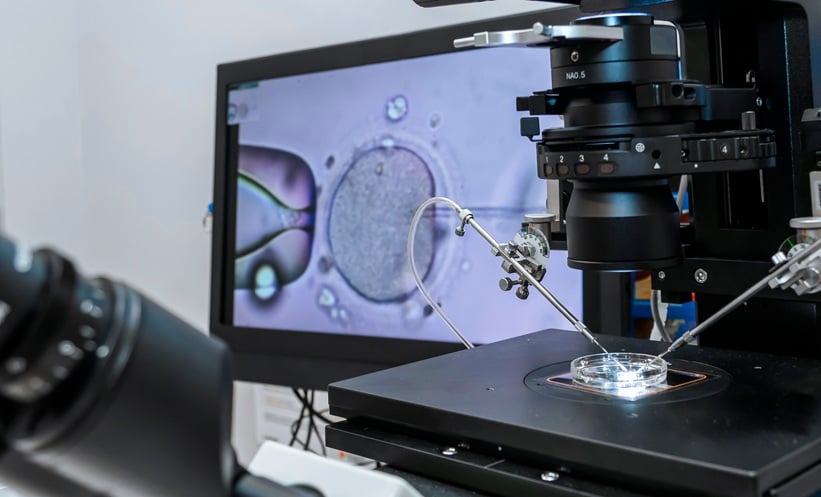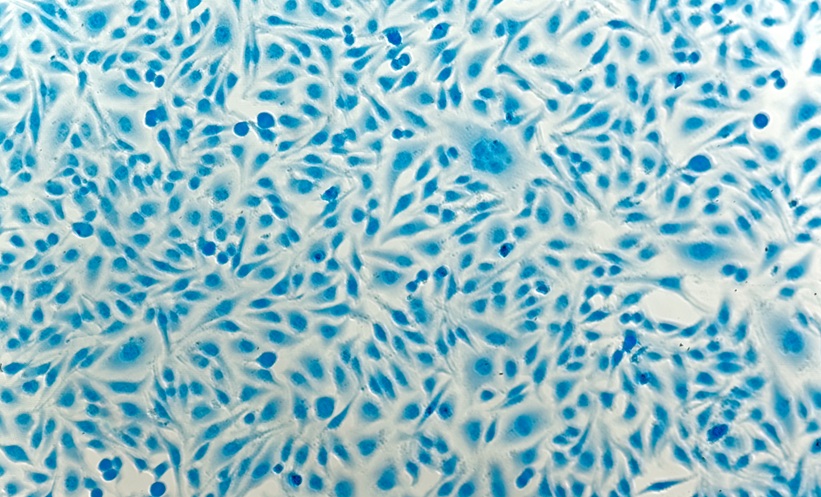A medication commonly prescribed for severe acne could offer new hope to men struggling with infertility, according to a recent study exploring the reproductive benefits of isotretinoin, a derivative of vitamin A.
Study Overview and Aim
Researchers conducted a single-center, prospective trial evaluating 30 men diagnosed with either nonobstructive azoospermia (NOA), a condition where the testes produce no sperm, or cryptozoospermia, characterized by extremely low and inconsistent sperm counts. Participants received isotretinoin orally at a dose of 20 milligrams twice daily for three to nine months, undergoing regular metabolic and semen analyses.
The aim was to determine whether isotretinoin could stimulate sperm production to a level sufficient for in vitro fertilization with intracytoplasmic sperm injection (IVF-ICSI), potentially eliminating the need for invasive testicular sperm retrieval.
Acne Medication Shows Unexpected Fertility Promise
Results were striking: 11 of the 30 men (37%) developed reliable, motile ejaculated sperm after treatment. Among those previously azoospermic, the highest response rate, 54%, was observed in men whose testicular biopsies had shown a pattern of maturation arrest, suggesting that retinoic acid may play a key role in restoring late-stage sperm development.
All participants reported mild side effects typical of isotretinoin therapy, including dry or chapped skin. A smaller number experienced mood changes, rashes, or elevated cholesterol readings, but no serious adverse events were noted.
The findings support growing evidence that deficiencies in retinoic acid, an active form of vitamin A essential for sperm maturation, may contribute to certain types of male infertility. By replenishing this compound pharmacologically, isotretinoin appears to improve the testicular environment for spermatogenesis in select patients.
Researchers Call for Larger Clinical Trials
While researchers caution that larger, randomized studies are needed to confirm these early results, the data highlight a promising, noninvasive therapeutic avenue for men previously considered infertile. If validated, isotretinoin could become the first oral treatment shown to induce natural sperm production in men with severe testicular failure.
Reference
Jessup CM et al. Treatment with isotretinoin can improve de novo sperm production in nonobstructive azoospermia or cryptozoospermia. Reproductive physiology and disease. 2025:42:2793-9.








